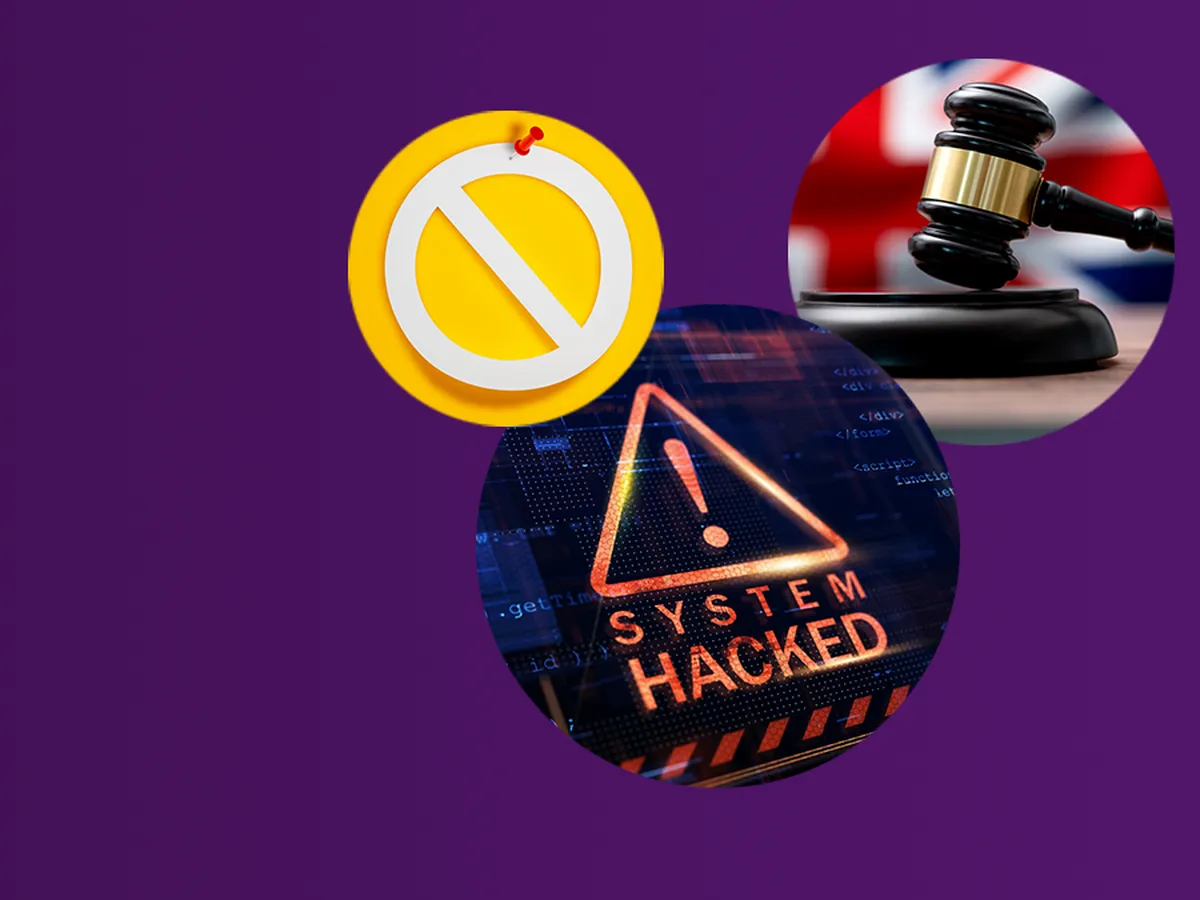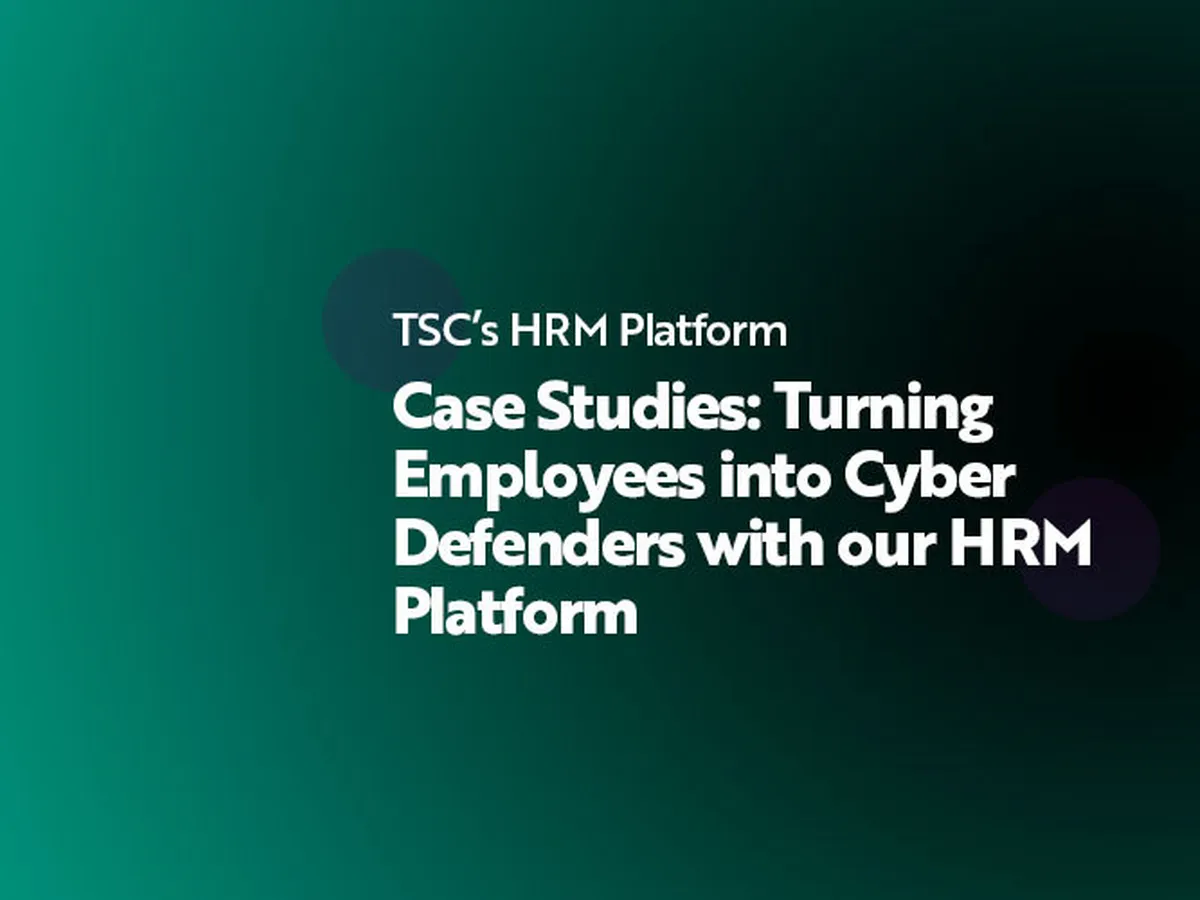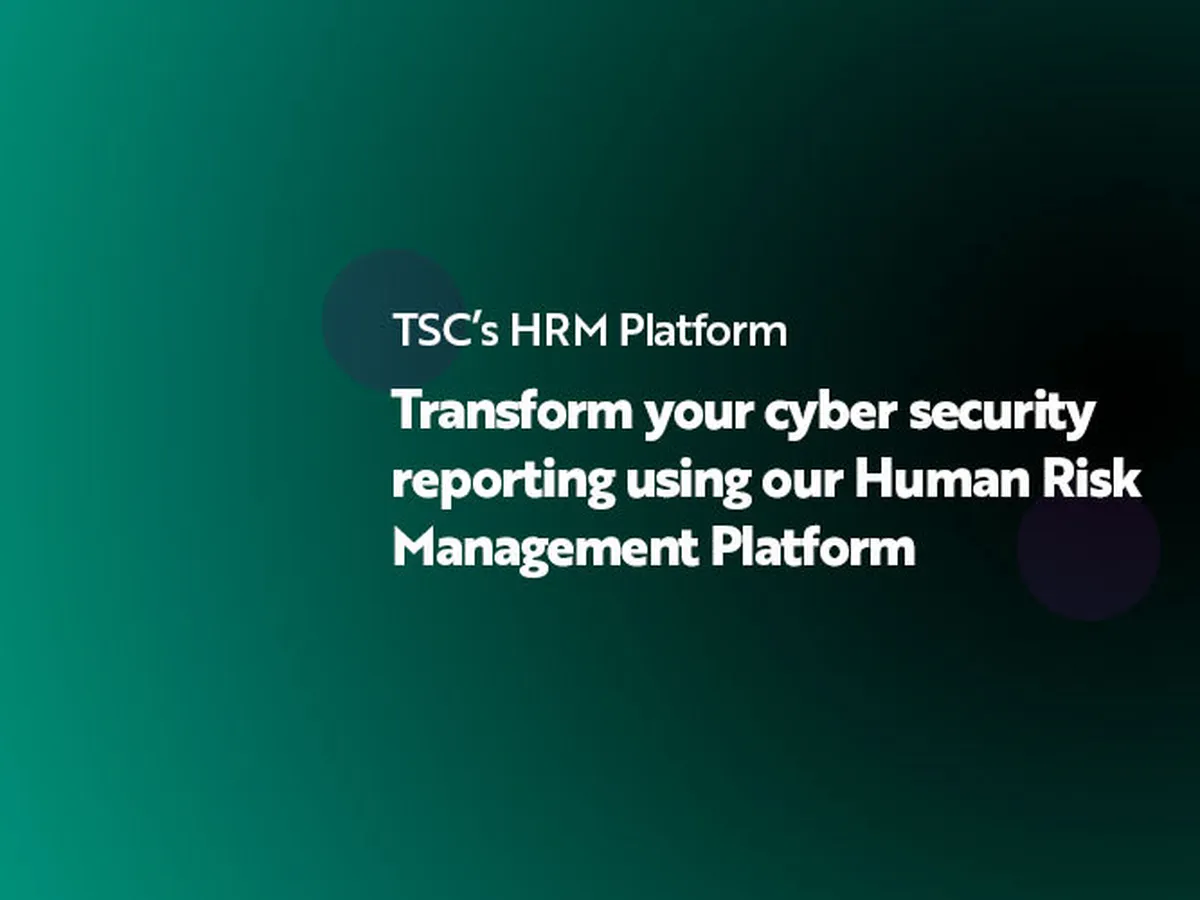The festive season brings cheer, celebrations and unfortunately, a spike in cyber scams.
Cybercriminals know that people are busier, distracted, and more likely to engage with festive-themed emails or offers. For organisations, this presents a unique challenge: how to protect themselves from the human errors that often accompany holiday goodwill.
One of the best ways to safeguard against these threats is through robust security awareness training. By equipping employees with the tools and knowledge to spot scams, organisations can significantly reduce their risk.
Let’s dive into how your company can empower employees to stay cyber-safe this festive season.
- Increased Online Shopping and Email Activity: During the holidays, employees frequently shop online, increasing their interaction with emails, pop-ups, and offers. Cybercriminals exploit this trend by mimicking legitimate retailers or delivery services, tricking employees into sharing sensitive information.
- Holiday-Themed Phishing Attacks: Festive-themed phishing campaigns are a staple for scammers. Emails claiming to offer holiday discounts, free gift cards, or urgent charity appeals often include malicious links. Employees who fall for these scams can inadvertently expose organisational networks.
- Relaxed Security Posture During Holidays: With festive activities and reduced staff due to vacations, employees are often less cautious. This relaxed attitude, coupled with increased workload for those covering for absent colleagues, makes it easier for cyber threats to slip through.
- Phishing Emails and Links: These scams often come disguised as holiday offers, asking recipients to click on a link or download an attachment. For example, an email from a “retailer” might ask employees to confirm a gift order, but the link leads to a malicious site.
- Fraudulent Charity Campaigns: The season of giving is also the season of exploiting generosity. Fake charity campaigns, sent via email or social media, can trick employees into donating money or divulging personal data.
- Fake Delivery Notifications: Scammers know that online shopping leads to parcel deliveries. Emails with fake tracking links or requests to “confirm delivery details” can lead to phishing sites.
- Compromised E-Cards and Holiday Greetings: Malicious e-cards are another common tactic. These festive greetings may carry malware, turning a seemingly innocent gesture into a security threat.
- Building a Robust Security Culture: Awareness training fosters a proactive mindset. Employees begin to see themselves as critical to the organisation’s defence, ensuring they’re on the lookout for suspicious activity.
- Targeted Training Programs for Festive Threats: By addressing seasonal risks, organisations can make security training more relevant. Employees are more likely to engage with content tailored to the holiday season and content tailored to the cyber threats and risks that they are specifically being targeted with.
- Encouraging Employee Vigilance: Training programs should emphasise vigilance and reporting. Employees must feel confident in identifying and escalating potential threats without fear of reprimand.
- Interactive Training Modules: Interactive modules help employees understand the nuances of festive scams. For example, quizzes or scenario-based exercises can simulate real-world threats, preparing employees to act swiftly.
- Real-Life Simulations and Phishing Tests: Simulated phishing attacks during the holiday season can measure employee readiness. Organisations can use these results to identify knowledge gaps and refine their training programs. Using our Human Risk Management Platform, you can automate these simulations and assessments and take the stress away from employee security awareness.
- Gamified Learning Tools: Adding a competitive edge to training through gamification can make learning about cyber security enjoyable. Leaderboards, rewards, and team challenges motivate employees to stay alert. Again, this is all possible through TSC’s Human Risk Management Platform.
- Adapting Training for Remote Workers: Remote employees often face unique risks, such as unsecured home networks or shared devices. Awareness campaigns should include specific guidelines for remote work security, such as using virtual private networks (VPNs) and locking devices when not in use.
- Catering to Different Roles and Departments: Employees in finance or HR departments may be targeted with spear-phishing attempts due to their access to sensitive information. Tailored training that addresses the specific risks for each department ensures no one is left vulnerable.
- Customised Training Solutions: At TSC, we understand that every organisation is unique. That’s why we provide customised security awareness programs tailored to address specific festive threats. Our solutions include interactive training modules, gamified tools, and real-world simulations designed to engage employees and foster behavioural change.
- Expertise in Emerging Threats: Our team stays ahead of the curve, monitoring the latest trends in cybercrime and updating our materials to reflect new risks. Whether it’s a novel phishing tactic or a rise in holiday-themed scams, TSC equips organisations with the knowledge to stay protected.
- The Power of Our Human Risk Management Platform: Our Human Risk Management Platform (HRMP) is a cutting-edge tool designed to assess, measure, and reduce human risk across your organisation. TSC’s platform evaluates employee behaviours and identifies vulnerabilities. For example, it can pinpoint employees more likely to fall for phishing scams and recommend targeted training interventions. Also, through the platform, employees can receive tailored learning paths based on their risk profiles. This ensures that every individual is equipped with the knowledge most relevant to their role and susceptibility to festive cyber threats. Our platform also provides real-time analytics, enabling organisations to monitor training progress, identify gaps, and measure improvements. Decision-makers can act swiftly to address areas of concern during the high-risk holiday period.
Working with TSC is more than just implementing a program—it’s about transforming your organisation’s approach to security. With our expertise, comprehensive materials, and the innovative Human Risk Management Platform, your organisation can navigate the festive season with confidence, knowing your employees are well-equipped to counter cyber threats.
The festive season is a time for celebration, but it also requires heightened vigilance against cyber threats. By prioritising security awareness training and fostering a culture of caution, organisations can empower their employees to act as the first line of defence. Investing in comprehensive training programs or a human risk management platform not only mitigates risks but also strengthens the organisation’s overall security posture, whilst automating the awareness and training process.
So, this holiday season, equip your team with the tools and knowledge they need to keep your organisation safe.
1. What are festive cyber scams, and why are they dangerous?
Festive cyber scams are fraudulent schemes that exploit holiday-themed offers, emails, and campaigns to trick individuals into revealing sensitive information or making financial transactions. They’re particularly dangerous because they exploit seasonal distractions and goodwill.
2. How can employees identify phishing emails during the holidays?
Employees should look out for red flags such as spelling errors, generic greetings, urgent language, and suspicious URLs. Training on these identifiers can significantly reduce the risk of falling for phishing scams.
3. What role does security training play in preventing cyber attacks?
Security training helps employees recognise and respond to threats effectively. It builds awareness of tactics used by cybercriminals and empowers employees to act as a strong line of defence.
4. How does TSC customise security awareness programs for organisations?
TSC provides bespoke training solutions tailored to an organisation’s needs. This includes targeted modules for festive threats, real-life simulations, and interactive tools designed to engage employees.
5. What are the best practices for staying safe from festive cyber threats?
Best practices include verifying email authenticity, using secure online shopping methods, enabling multi-factor authentication, and reporting suspicious activities promptly. Training and vigilance are key to mitigating these risks.
Cyber security and awareness content creator focused on emerging threats and the next wave of cyber security risks like AI, deepfakes and tech 4.0 initiatives in order to build towards a more secure organisational culture.
View Profile







